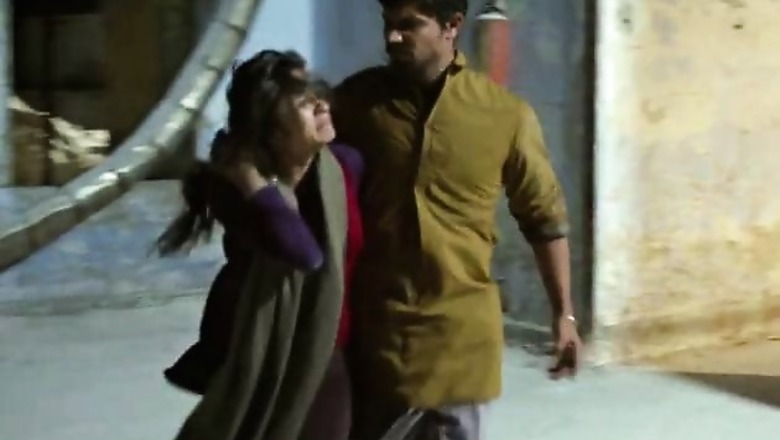
views
As soon as we discuss Bollywood's perception of reality in films, we come across two theories - cinema as the source of pure entertainment, and as a tool that holds a mirror to our society. Imtiaz Ali's 'Highway' isn't inspired by a true story, but the film won't go down well with those who think it celebrates Stockholm Syndrome.
Stockholm Syndrome, or capture bonding, refers to the psychological phenomenon in which both the tormentor and the victim share a traumatic bond and express sympathy and empathy towards each other. The film sends a wrong message justifying what is a heinous crime, the love angle notwithstanding.
There are spoilers ahead so if you haven't seen 'Highway' yet, we would suggest you to come back to this write-up later.
In Imtiaz Ali's 'Highway', Alia Bhatt, daughter of an eminent tycoon, tired by the lavish wedding scenario at home, steps out with her fiancé witnesses a robbery and gets kidnapped. Even though the film features Alia in a hostage situation, being pulled by her hair, yelled at and being dumped into a truck, kidnapper Randeep doesn't get atrocious and violent while dealing with her. His viciousness is reflected in Alia being referred to as 'sauda' and not 'laundiya', who will soon be sold off at a brothel. Just when we think the film will show Randeep's aggression, the actress embraces her tormentor, which doesn't shock anyone, but elicits a few sniggers.
Soon, Alia makes an attempt to bond with Randeep and trust him enough to share with him a childhood trauma. But the film, despite Ali's sensitive handling of a prickly issue, sets a wrong precedent. Among an ocean of subjects to choose from, women once again find themselves the subject of harassment, threats and intimidation on screen. Does the captive's identification with the captor make the act of kidnapping legally acceptable? At a time when the crimes against the women are on the rise should Bollywood have shown more maturity? If we are rationalizing kidnapping today, we will be doing the same for rape tomorrow and for acid attacks the next. Jilted lovers will continue to coerce young women into being romantically engaged with them, commit monstrous crimes and get away with it. Even as filmmakers experiment with their projects and are willing to take up unique and thought-provoking themes, and take pleasure in the creative freedom, courtesy the viewers' flexible mind, nobody would want the female members of their family to wintness sexual violence as they laud the same in Hindi films.
The harsh reality is that women's security in India hasn't changed for the better, instead it has become worse. According to the data available by NCRB, there has been an increase in kidnapping and abduction cases of women. The statistics show while 20,416 cases of kidnapping and abduction were reported (under Sec. 363 to 373IPC) in 2007, the number went up to 35,565 cases in 2011. And the current condition remains worse with women continuing to face harassment.
While there is no issue in making a film based on a case of kidnapping because of the dramatic possibilities it offer, filmmakers can't ignore the social responsibilities they bear while handling the issue.

















Comments
0 comment